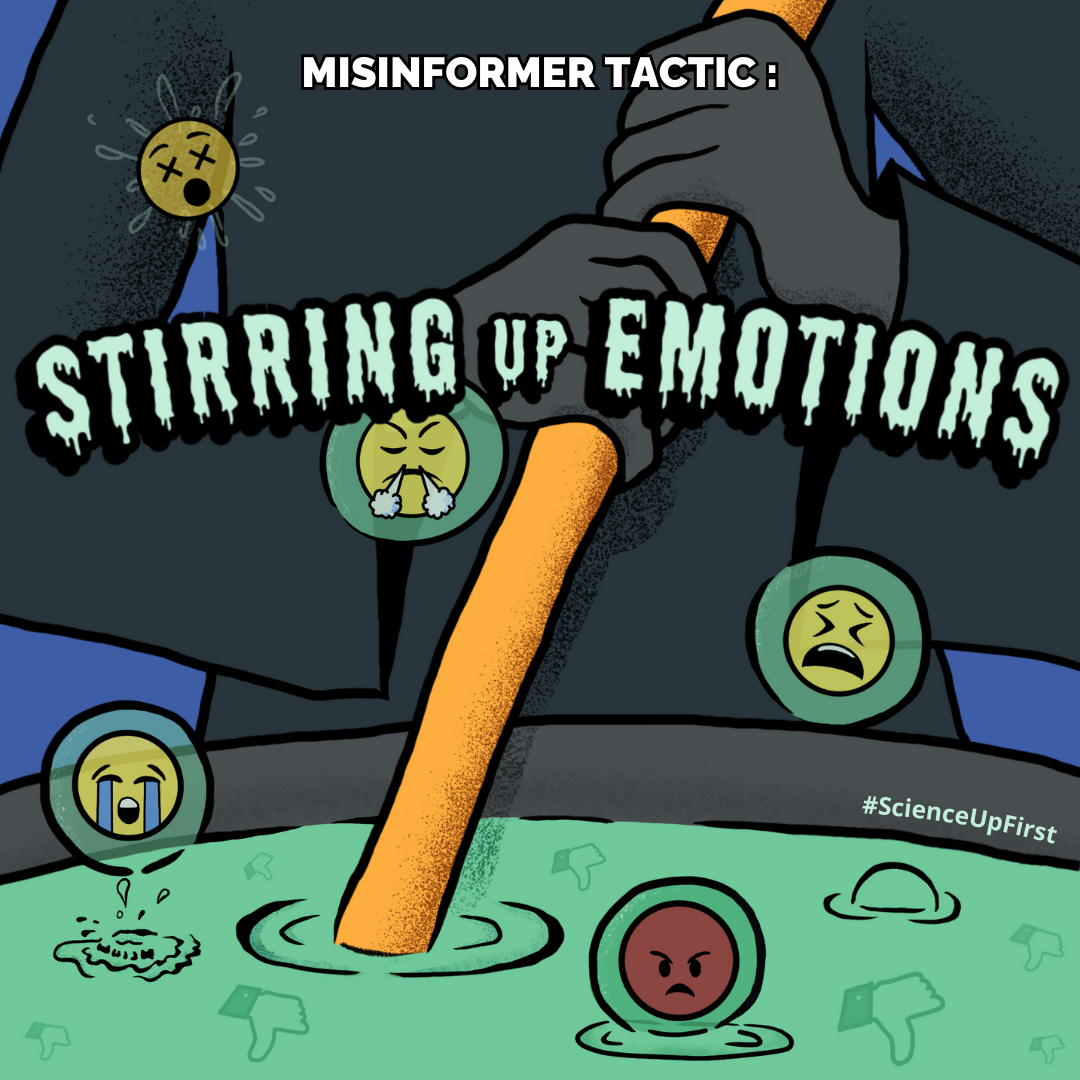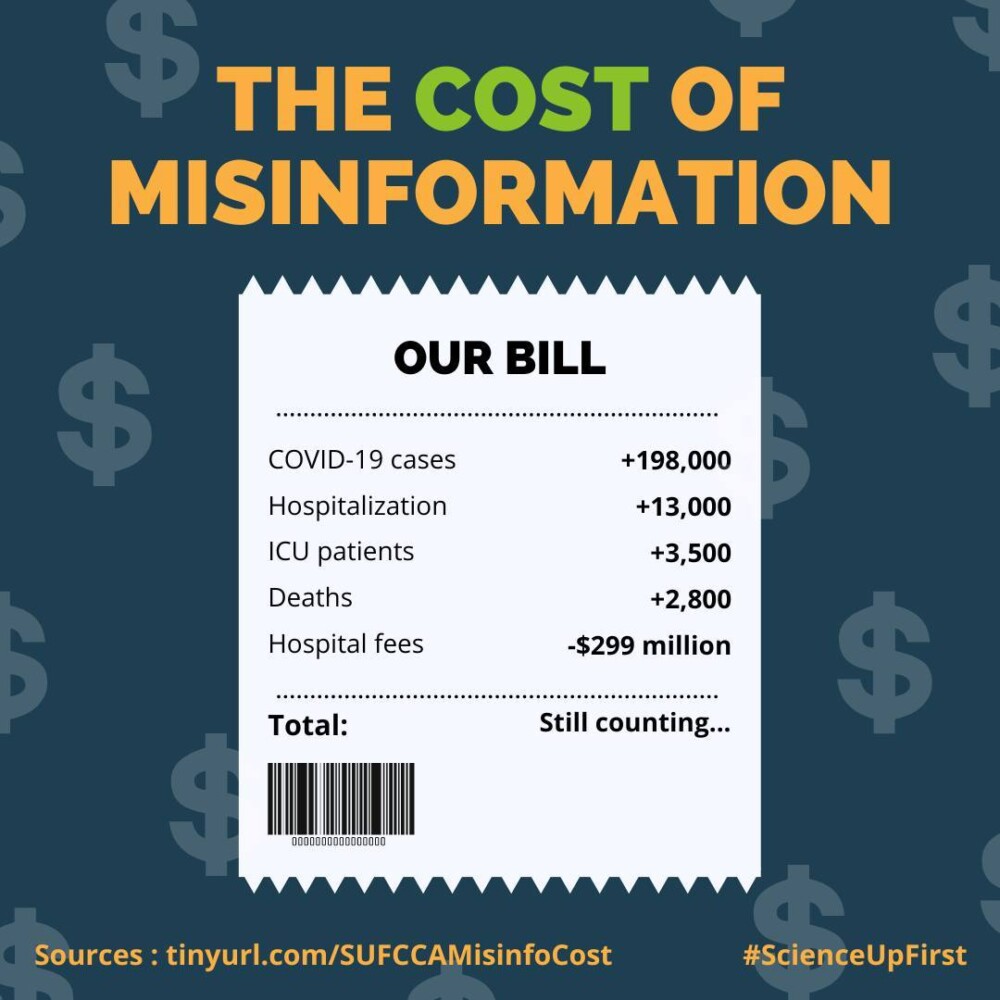
Did you know that misinformation on the internet and social media often plays on your emotions to go viral? In particular, anger is frequently used to spread misinformation (1-3) .
Research shows that:- Tweets that provoke anger rather than joy tend to be retweeted more (3).
- Being angry also makes it easier to believe misinformation (4).
- People who are angry are more inclined to consider false information as “scientifically credible” (5).
View our original Instagram Post!Did you know that misinformation on the internet and social media often plays on your emotions to go viral?
Emotions can hinder our critical thinking. Read more on that and how to protect yourself here https://t.co/gumtyFpleV#ScienceUpFirst pic.twitter.com/wJbyqN9cOv — ScienceUpFirst | LaScienced’Abord (@ScienceUpFirst) July 8, 2024
View this post on Instagram



